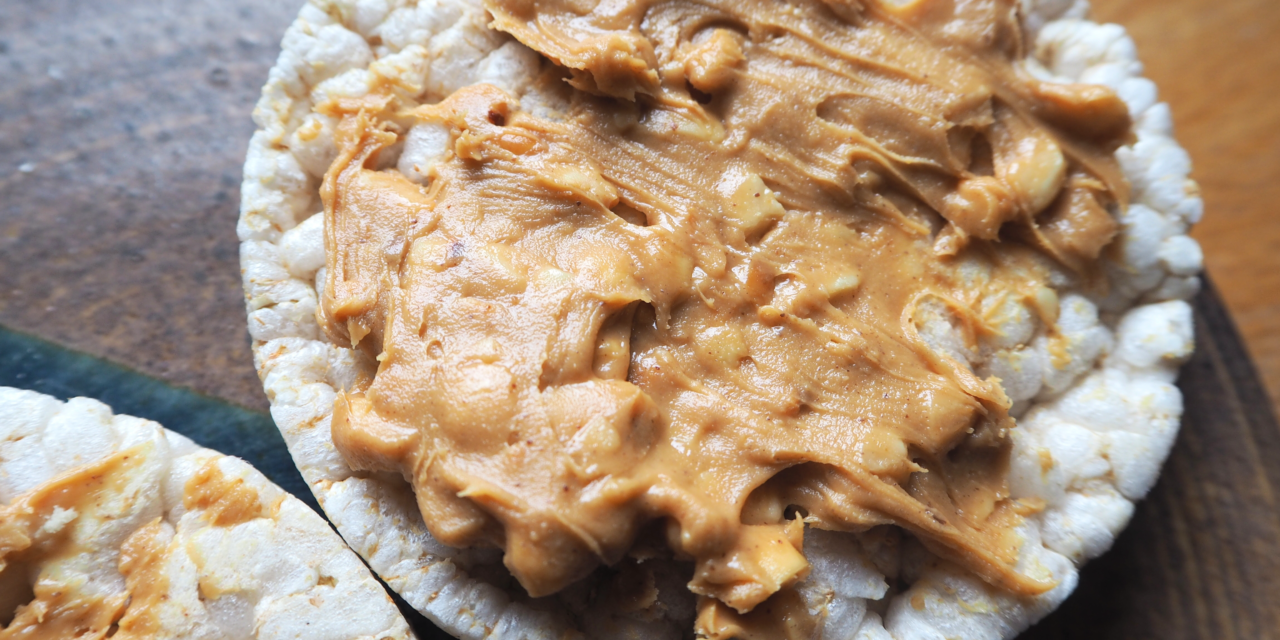By Peter Kates
Many of us find snacking before bedtime irresistible. So, how do you know whether or not to yield to the temptation, and what’s good to eat before bedtime and what isn’t? Will eating before bed make us fat? Will certain foods help or hamper sleep?
According to the National Sleep Foundation, certain snack foods may actually help improve quality of sleep, especially when they replace less healthy snacking options. “If you’re really running on empty after dinner and before you crawl between the sheets, choose snacks that won’t add pounds or result in a restless night,” says Lorna Fitzpatrick, MD, vice president medical affairs and senior medical director at Univera Healthcare.
According to Fitzpatrick, large portions and high fat foods interfere with falling asleep, and spicy foods slow down digestion, while alcohol and caffeine interfere with deep sleep and interrupt the sleep cycle. The stimulant powers of caffeine found in coffee, tea, or chocolate are a definite ‘no-no,’ and take several hours to wear off. Even decaf coffee and tea contain some caffeine.
But rest easy, because not all bedtime snacks are forbidden. According to Fitzpatrick, some can actually help fill in the nutrition your body still needs for the day. She recommends choosing a small snack with some protein and carbohydrates. And consider incorporating oats, poultry, or honey, which are foods high in serotonin, the calming and “feel good” hormone. Bananas and other foods high in potassium can also help with sleep.
Healthy bedtime snacks Fitzpatrick recommends are:
- Plain yogurt with a sprinkle of whole grain cereal or granola and a teaspoon of honey.
- A small piece of fruit and cheese.
- Whole grain crackers and a tablespoon of peanut butter or some low-fat cheese.
- Oat cereal (hot or cold) with a banana and low-fat milk.
- Cottage cheese and fruit.
- Air popped popcorn.
- One ounce of turkey or chicken on a slice of whole grain bread.
If your hunger still isn’t satisfied, find evening activities to fill your time so you avoid mindless snacking in front of the TV. Fitzpatrick suggests reading a good book, going for a walk, or occupying your hands by tackling a long-avoided project around the house.
Fitzpatrick’s final recommendation also may be the most obvious, “Eat adequately during the day so you won’t be so hungry at night.”
Peter Kates is Vice President of Communications at Univera Healthcare.












